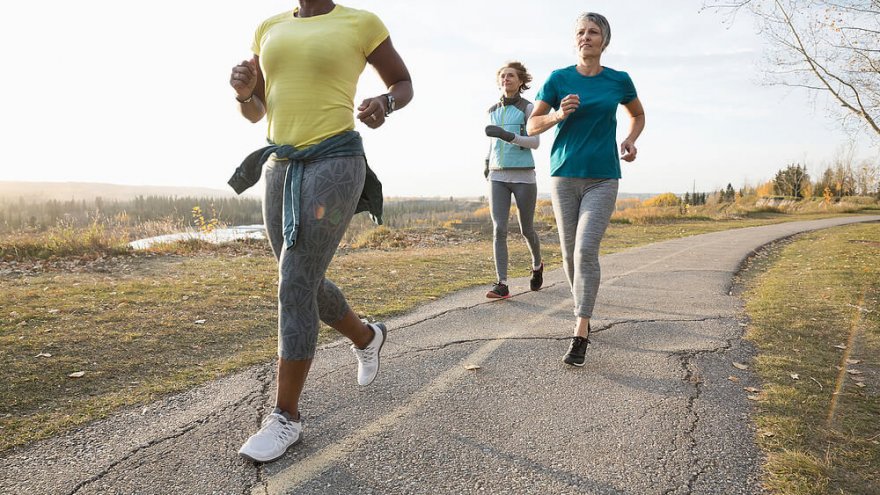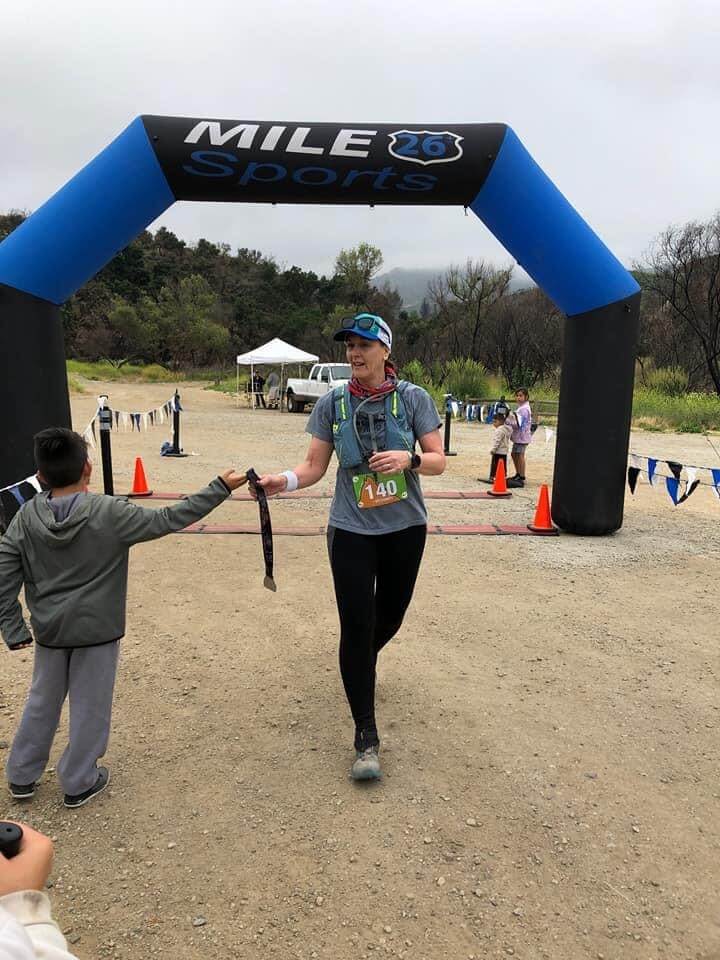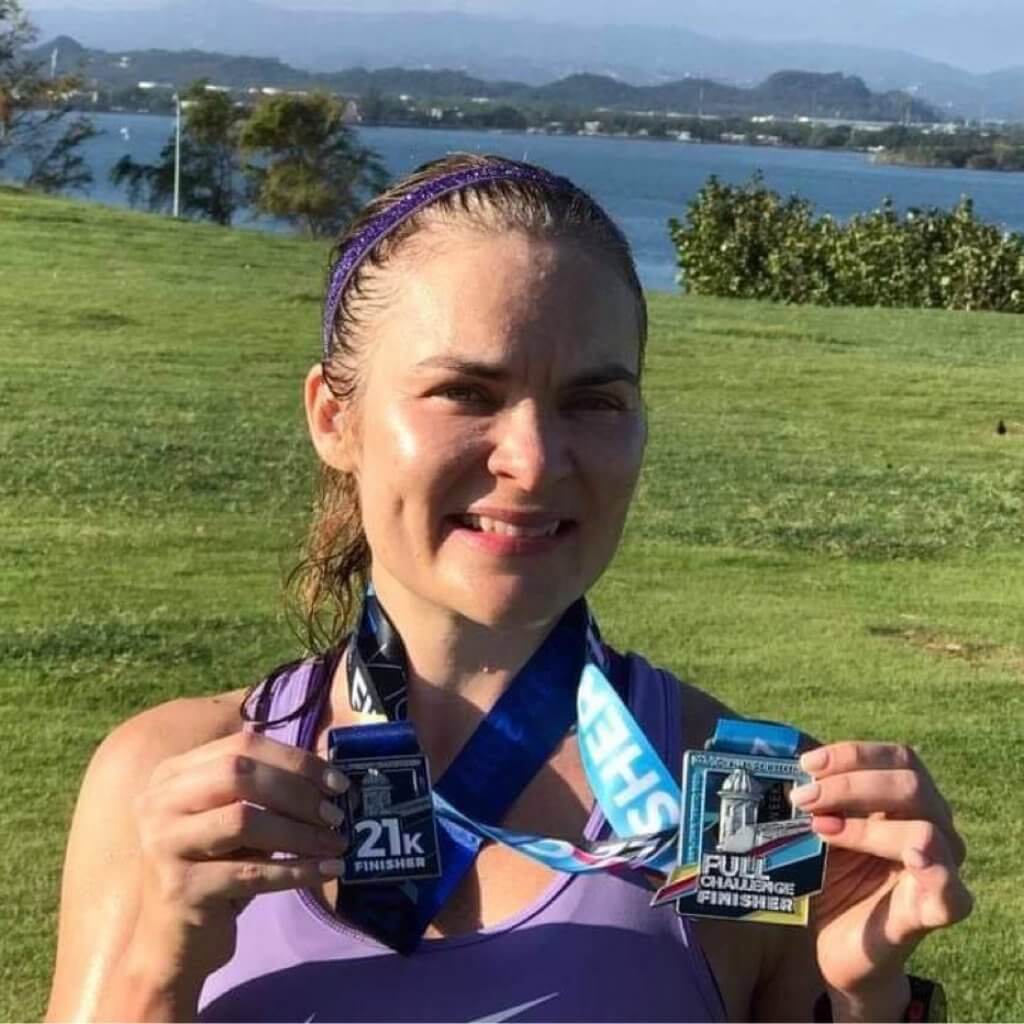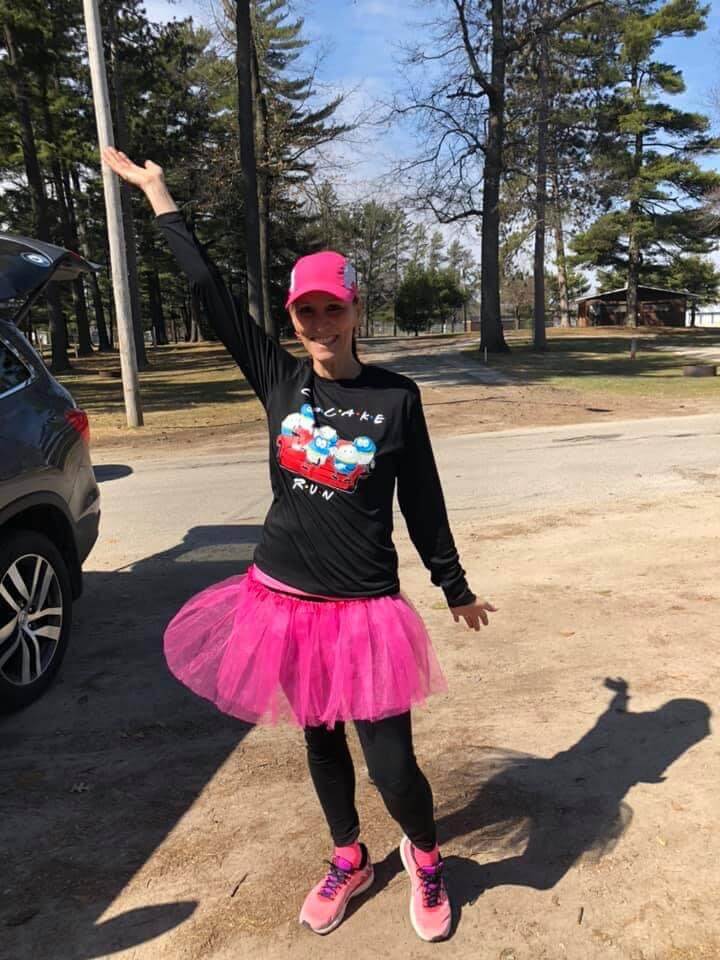The Aging Runner: Runners 40/50+ Discuss Changes in Performance

As an athlete ages, we need to be cognizant of how the body changes and the consequences of that in regards to our sport. This is not to imply in any way, shape or form, that we have to just accept aging as an excuse to slow down or stop performing. Absolutely not!
However, we do have to start to pay very careful attention to what our body is telling us. And, yes, eventually, the body does slow down. Taking some key pieces of advice can help you to navigate aging gracefully as you, hopefully, keep yourself healthy and active.
Start Slowly
The first key piece of advice is to start slowly. Sure, when you were 21, you could just jump right into a challenging track pyramid. It does bear mention that not even youngsters should do this as warming up is important for athletes of all ages. As we age, however, the consequences of skipping out on the workout become even more profound.
Remembering to start the workout slowly is a very important step that should not be skipped. When you take off on a run, you should be sure to start off slowly. The same is true of a change in training programs. Resist the urge to jump in with both feet. Taking your time to let your body acclimate to a new fitness regiment or a change in mileage is worth doing.
Warm Up Deliberately And Carefully!
Beyond just starting slowly, you need to take extra care in your warm-up. First, you should either walk briskly or jog very, very slowly. This needs to be followed by a dynamic warm-up which could include drills and/or movements to target certain muscle groups.
After that, you may need some static stretches to target some areas of particular concern to you. After those things, you should be ready to roll.
Honor Your Rest Day
Something many people neglect to do is to honor the rest day. Sure, when you are young you can hammer away, pounding the pavement day after day, week after week. As we age, that rest day becomes even more important to honor. Neglecting to take a rest day (or two!) each week can often lead to injury in older runners.
In addition, you should be careful to just rest as much as you should. Aging runners, and in general aging people, often start to develop sleep issues. If you are not careful to be sure you get enough rest, that can lead to fatigue. This fatigue could lead to problems down the road. Getting enough sleep each night is important to overall wellness and physical well-being.
Slower Mileage Buildup
If you have been running for any length of time, you probably know the 10% rule. The 10 percent rule states that you should not increase your weekly running mileage by more than 10% each week. Although this is an excellent rule of thumb, older runners sometimes need a more gradual build.

You may find that the 10% rule still works for you even as you mature as a runner, but you also may find you need to increase more gradually. This can include both your weekly overall mileage as well as your longest run for each week.
This is another area for awareness as you grow older and continue to run.
Injuries Take Longer To Heal
One of the hard things for most athletes to handle is that injuries will often take longer to heal as we age. This can be anything from a pull or strain to an actual injury. Speaking from experience, the nagging hamstring injury from my 30s flares up much more often as I have reached my 50s.
Jeff Loeb, “As I approached and turned 60 I have found that it is much tougher to shake off and recover from pulls and strains.”
Honore MacCoy-Patty, a 56-year-old runner, says, “Several yarns ago I realized that ‘dirt don’t hurt’ is a popular phrase for a reason. Trails are typically much easier on my joints and the varied terrain helps keep all my muscles and tendons ready for most of what gets thrown at them. Rest, recovery and sleep is part of my training and now, shorter double runs are safer to me than long runs, with the same benefit. I am also careful to pay attention to my body and dial back or skip a run day if needed.”
Be Kind To Yourself
Interestingly enough, not everyone expects to slow down just because they have hit a particular age group. Nor do they feel like people should drop out of competition. A runner who started later in life, Sarah Wiliarty finds the drop in participation in women of her age group frustrating and unfortunate.
Sarah Wiliarty said, “One of the biggest issues is lack of competition. The drop-off in both times and participation from 40s and 50s is dramatic. And sometimes it feels like if you’re over 50 you should just be happy to be out there.”
However, the flip side of the coin is that some people simply do start to slow down at a certain age. And if that is you, you should be kind to yourself.

Debbie Peterson: I am in my late 50s and I have noticed three things: recovery from injury is slower and not as complete, I need the slow warm-up at the start of my run even more than I used to, and cross-training, including strength, stretching and yoga, is crucial.
Anticipate Some Performance Decrease
Most runners start to see a deterioration of performance as they get older. Sure, there are anomalies to this. However, everyone does get to a point where they start to go backward in regards to speed and agility.
Although some would counter this argument with a discussion on how they have gotten much faster with age, the question I would ask is if they had been as well trained in their younger years.
According to Strength Running, runners can expect these things as they age:
- A decreased maximal heart rate
- Decreased VO² Max
- An overall decrease in muscle mass
- Increased body fat
- Less muscular strength
Don’t Compare Yourself To A Younger You
You can make yourself crazy comparing yourself to a younger version of yourself, so resist that urge. This holds true whether you are talking about your speed, strength or wrinkles.
Some things just hold true as we get older and are inevitable that they will come. Embracing this wiser, more experienced version of yourself is the better choice!
Experience Does Matter

As I researched this topic, one runner had an interesting approach and mindset. Ana Moyka said, “At 49 years old, I recognize there are a lot of pros and cons to becoming an older runner. Maturity is definitely a positive. As a runner I have matured in the sport. Maturity is not the same as aging. I for sure run smarter.”
Age Is Just A Number
A former colleague and running buddy of mine decided not long ago that she wanted to get into competitive bodybuilding. Just today, she posted a picture taken one year ago. In that “before” picture she looked strong but “fluffy.” LeeAnn decided to make a complete fitness 180 and write her own story.

At age 50, she is arguably in the best shape of her life. You could try to tell her that at her age she is “losing muscle mass” or that women her age “increase body fat,” but I am not sure she will believe you.

The parting thoughts I have for you is that, while you do need to be aware of many things as a “mature” runner, age IS just a number. Sure I have slowed down. I have to warm up longer than when I was 30. But when push comes to shove, I just head out and enjoy the run.
Pink tutu and all, even at 51, I still rock it and have fun. That, my friends, is what it is all about.
Latest Articles
 Is Running on a Treadmill Easier Than Running Outside?Runners have their own preferences, whether it is treadmill running, running outside on the road, or exploring trails. So...
Is Running on a Treadmill Easier Than Running Outside?Runners have their own preferences, whether it is treadmill running, running outside on the road, or exploring trails. So... Is It OK to Use Trail Running Shoes on the Road?While trail running shoes can be used on roads, especially in situations where a runner encounters mixed terrains or pref...
Is It OK to Use Trail Running Shoes on the Road?While trail running shoes can be used on roads, especially in situations where a runner encounters mixed terrains or pref... How to Fix Sore Quads After Running?Rest, ice, gentle stretching, and over-the-counter pain relievers can help soothe sore quads after running. Also, ensure ...
How to Fix Sore Quads After Running?Rest, ice, gentle stretching, and over-the-counter pain relievers can help soothe sore quads after running. Also, ensure ... 10 Fruits With The Most Electrolytes to Replace Sports DrinksThese fruits are high in electrolytes such as potassium, magnesium, and calcium, essential for hydration, muscle function...
10 Fruits With The Most Electrolytes to Replace Sports DrinksThese fruits are high in electrolytes such as potassium, magnesium, and calcium, essential for hydration, muscle function...

